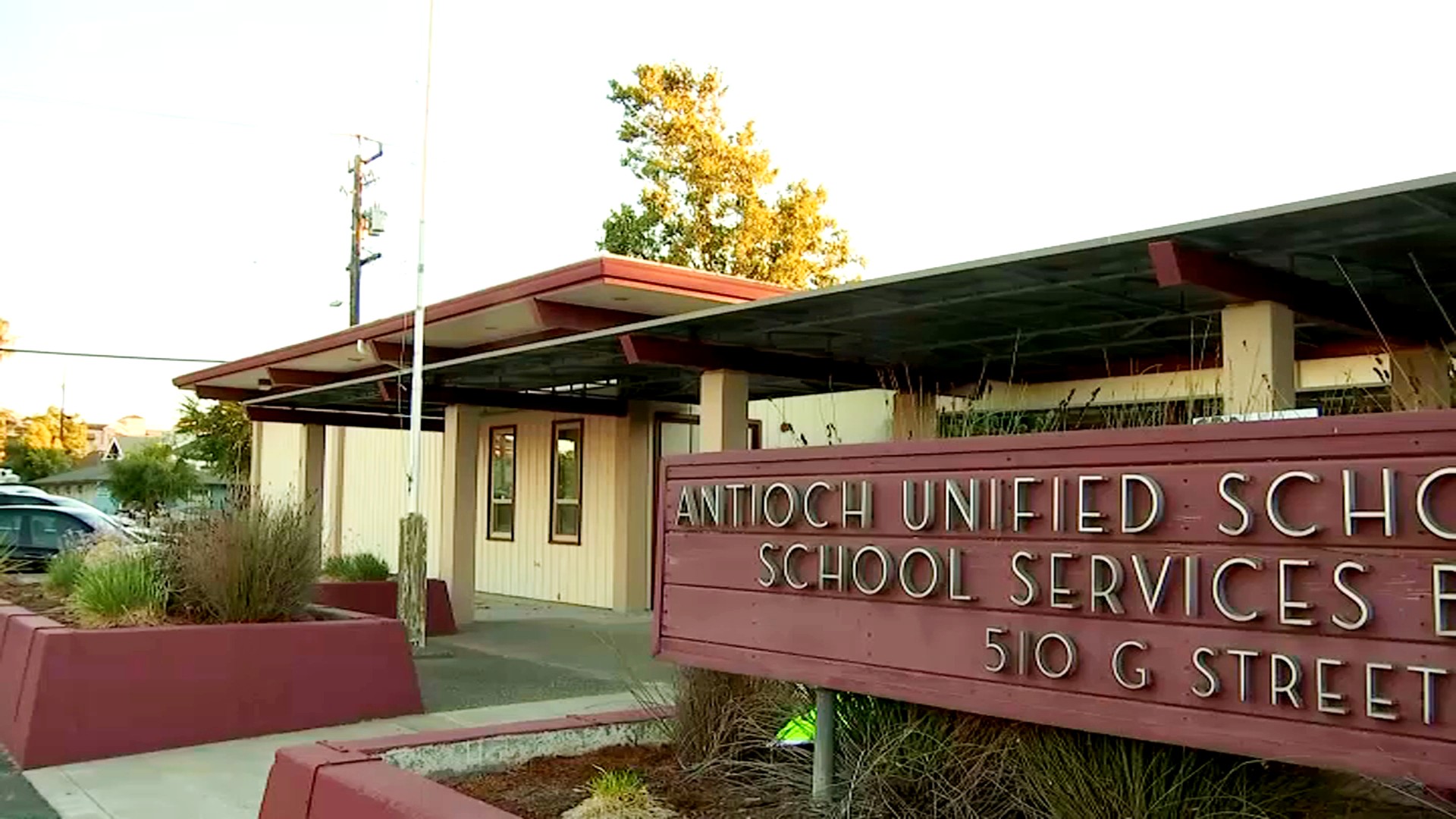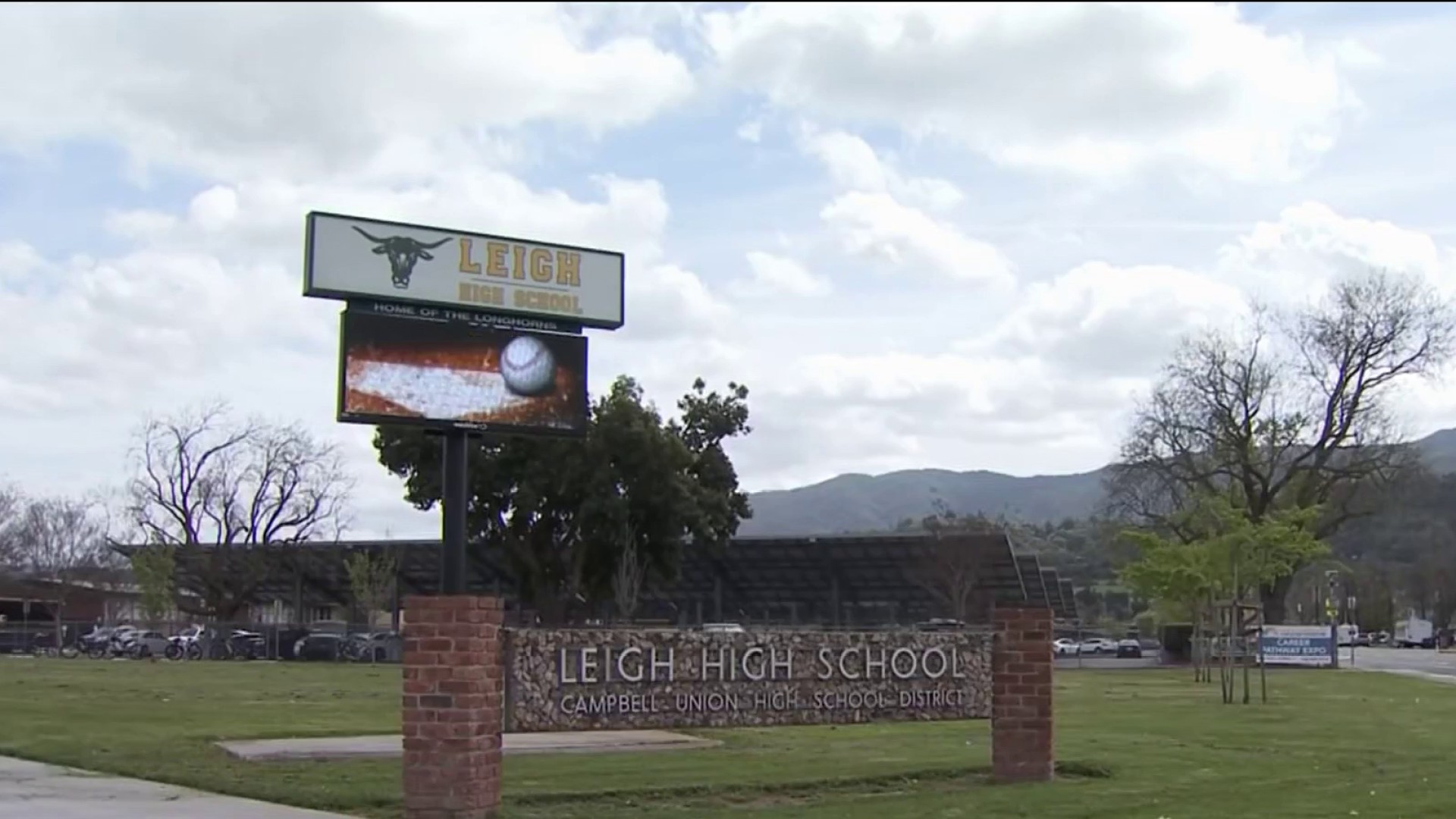During a BART Board of Directors meeting on Tuesday, BART Police Chief Ed Alvarez addressed concerns of racial profiling by his department and promised to review current policies and implement recommended changes.
“We acknowledge that the data suggests there are disparities,” Alvarez said during his prepared remarks to the board. “The BART Police Department also recognizes there are many interconnected and contributing factors that play some role in producing these disparities -- many of which are unable to be influenced solely by our department and are instead issues that must be addressed by society as a whole.”
About half of all fare-related citations are issued to African American passengers, even though they only make up about 10% of BART ridership, according to data obtained by the NBC Bay Area Investigative Unit.
Passengers caught skirting the required BART fare can receive either a criminal citation from a sworn BART police officer or a non-criminal citation from a BART fare inspector, which carries a $55 fine for juveniles and $75 fine for adults.
Of all the 12,162 non-criminal citations issued last year to passengers for lack of payment, 46% were given to black riders. Similarly, black riders received 50% of the 4,002 criminal citations issued by BART police officers for fare evasion.
“I think any disparity is problematic,” said Bart General Manager Bob Powers, who took questions from the board during the hearing.
Powers said BART must now work “to understand that data and to dig into what the disparities are – if there are any we can tangibly go after and minimize.”
Local
While the BART Police Officers Association didn’t dispute the disparity data, the group denies it is the result of bias policing by the department’s more than 200 sworn employees.
“We’re not targeting anyone,” said Keith Garcia, president of the BART Police Officers Association. “We are merely enforcing the law on the people who are violating the law."
The NBC Bay Area Investigative Unit recently spent months recording on BART trains, interviewing passengers, questioning top BART officials, and analyzing thousands of crime records to explore how a world-class transportation got DERAILED. In fact, the Investigative Unit revealed BART has become one of the most dangerous transportation systems in the country with a higher rate of violent crime than subways in New York, D.C., Los Angeles, and Atlanta.
Garcia argued the pervasive problem of fare evasion, which costs BART an estimated $25 million each year, won’t be solved until BART commits to building taller fare gates at each of its 48 stations – a plan the BART board supports so long as the agency can secure the $150 million needed to build the gates.
In the meantime, Alvarez committed to enacting potential changes within his department as recommended by the Center for Policing Equity, which recently studied policies and procedures within BART’s police department. Those findings are expected to be released publicly this summer.
“Ending bias is not something that just happens,” said BART Director Janice Li, who formally requested the hearing back in December, which required the police department to appear before the board armed with detailed demographic data relating to its police work.
“Rather than just throw our hands up and say this is what it is and say that racial disparities are the inevitable cost of doing business, I think it is really critically important that BART does everything in our power to understand these disparities and work towards ending bias,” Li said. “It is a process and seeking equity and justice is life’s work.”



